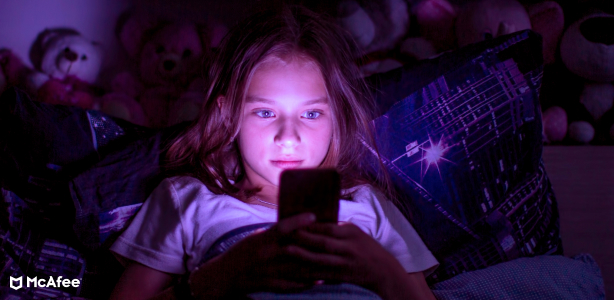We all grew up playing hide-n-seek. Remember how your toddler loved playing hide-and-seek as well? Well, today’s tech savvy kids have taken the game to an all new level by playing digital hide-and-seek with their parents. They have started hiding their online activities from their parents, just to enjoy some privacy and feel ‘grown-up.’
Now kids will be adventurous and try to stretch boundaries, especially teens. They also hide certain things because they may feel parents wouldn’t approve of them. These can range from networking at late hours, hacking, cyberbullying, connecting with strangers or watching age-inappropriate content.
Smart Ways Kids Do To Hide Online From Parents
So how do kids play the virtual hide-and-seek game with their parents? Aha, they sure know some smart ways around it that will keep you searching in vain:
- Using multiple email and social media accounts
- Signing up on social media platforms that parents don’t frequent
- Regularly deleting messages, temporary files and history
- Using the incognito mode
- Use of acronyms in messages
- Keeping passwords secret from parents
- Renaming contacts and files in devices
Consider the fact that 84 percent of parents allow their child to bring an internet connected device to bed, as per the McAfee Connected Family Study 2017. Do you think that can perhaps be the reason why it’s easy for kids to hide their activities from their parents? Further, 59% of parents monitor their child’s device usage, whereas 41% allow their child to use their devices whenever they want with no restrictions.
Websites are continually upgrading their security and introducing checks like minimum age criteria seeking to control the spread of fake accounts. Before exploring the online world, children need to first learn how to surf safely and handle online issues. As a parent, you are the primary educator for a child’s cybersafety training, you need to observe and guide them. It’s highly unlikely of you to leave your child alone, without keeping an eye out while going out in the real world. Similarly, why would you leave them on their own in the vast cyber world?
As your children grow older they will seek more privacy, and you may have to give them that freedom. It is important as it would instill in them a sense of ‘grown up’ and strengthen the bond of mutual trust between the child and the parent. But before you arrive at this stage, help them learn to stay safe online.
In the cyberworld, children sometimes may want to venture into unsafe territories and talk with strangers, away from parental monitoring. Not monitoring children would seem like a difficult proposition in such a scenario, unless you have parental controls activated or are aware of the online sites they visit and their passwords. They will try their best to hide their virtual footprints from you. Then what?
As your children sign up on social media sites, you need to be ready as well with the following tips:
- Be friends with your children online
- Encourage them to share their passwords with you
- Periodically review the apps on your child’s phone and discuss the pros and cons with them
- Activate parental controls to monitor them remotely
- Keep communication channels open with them and ask them to be wary of online dangers, like cyberbullying
- Advise them to share uncomfortable or negative experiences with parents immediately
Kids will be kids and we need to make allowances for them, understand and trust them to an extent. However, it is equally necessary that your children reciprocate that trust and respect for a fulfilling parent-child relation. For this, start their cybersafety education early on and be a parent as well as a friend to them.
So start today, if you haven’t already, and help your child stay safe online.













